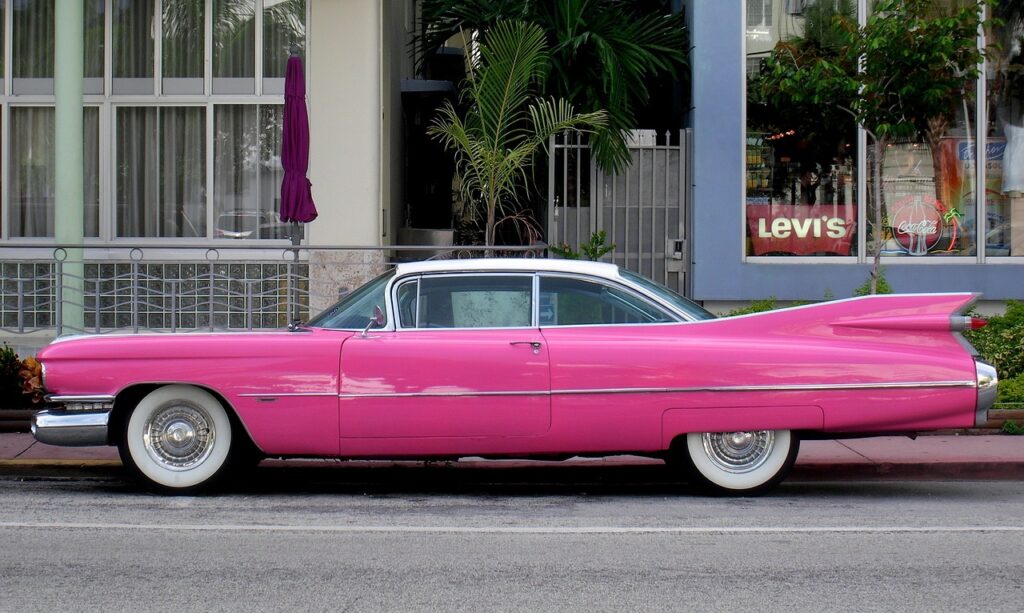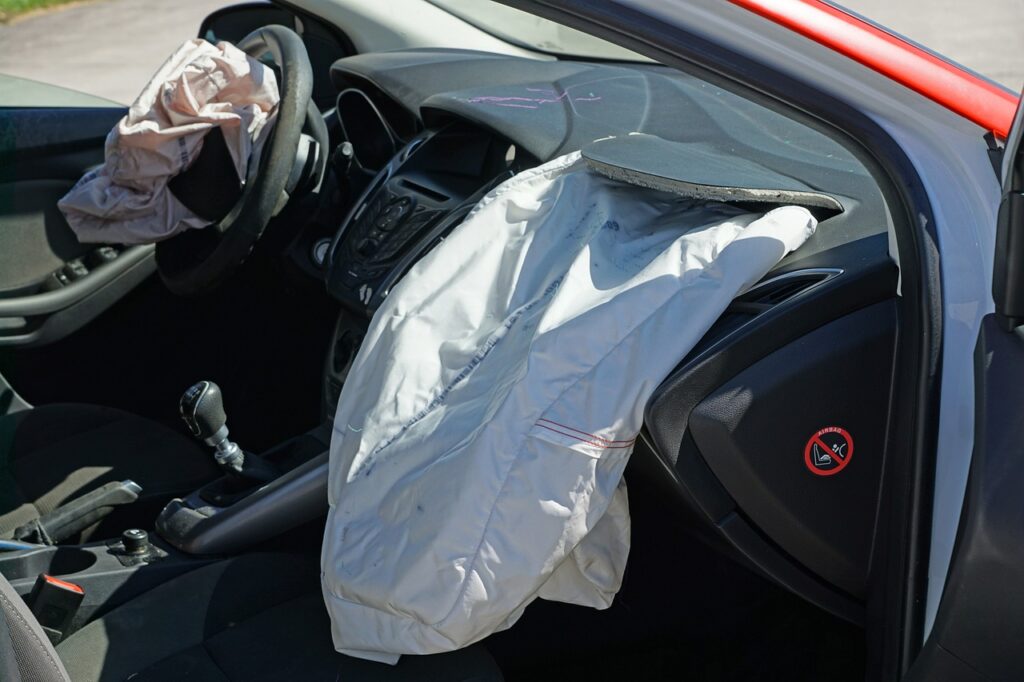Florida Auto Insurance
Navigating the world of car insurance can seem daunting, but it’s essential for safeguarding yourself and your vehicle against unforeseen circumstances on the road. In Florida, a unique set of coverages is available, each designed to address specific aspects of protection and risks, from an insurance company licensed in Florida. From the state minimums for Personal Injury Protection to optional coverages like Comprehensive and Collision, we’ll explore these insurance types, what they cover, and their value to you as a driver in the Sunshine State. (Remember to check your current insurance policy)
Personal Injury Protection (PIP)
Mandatory for Florida auto insurance, Personal Injury or PIP, offers a financial safety net regardless of who’s at fault in an accident. It underscores Florida’s no-fault laws, ensuring swift coverage for medical expenses, lost wages, and more. In a T-bone collision where immediate medical attention is required, PIP becomes indispensable for immediate financial support, covering both you and any passengers.

Florida highway at sunset, symbolizing the peace of mind that comes with having the right Florida car insurance discounts.
Uninsured Motorist Coverage (UM)
Uninsured Motorist coverage in Florida (other driver) steps in when the at-fault party lacks sufficient insurance. If you find yourself the victim of a hit-and-run or rear-ended by an uninsured driver, UM coverage relieves the stress of medical and other financial burdens that might otherwise devastate your savings.
Comprehensive Coverage
Florida’s unpredictable weather can wreak havoc on vehicles. Comprehensive insurance is your bulwark against the damage caused by nature’s whims or instances of theft and vandalism. Unlike Collision coverage, it protects you from the financial impact of non-collision-related incidents, offering peace of mind for all the moments your car is both on and off the road.
Bodily Injury Liability and and Property Damage Liability
Bodily injury liability insurance and property damage liability insurance are cornerstones of responsible driving. They not only fulfill legal requirements but also protect you financially in case you’re at fault in an accident. These policies cover costs from injuries to others and damages to property, including legal fees, which are crucial in safeguarding your assets.
Collision Coverage
While Comprehensive caters to non-collision events, Collision coverage is specifically there to cushion the blow when your vehicle is involved in a crash. Whether you’re at fault or not, Collision coverage is like a sentinel for your car, focusing on repairs or replacement after an accident.
Optional Florida Auto Insurance Coverage
Florida drivers also have the option to choose additional coverages like Medical payments and GAP insurance, enhancing the robustness of their auto insurance umbrella. For example, Medical payments can be a lifeline if post-accident healthcare costs exceed PIP or UM limits, whereas GAP insurance is a safeguard against financial losses if your vehicle is deemed a total loss and you owe more on it than its depreciated value.
Furthermore, services like Roadside Assistance and Rental Reimbursement offer added convenience and assurance. Roadside Assistance ensures help is at hand whenever you face a breakdown or minor mishap on the road. If an accident leaves you without a vehicle, Rental Reimbursement can alleviate the inconvenience by covering the costs of a temporary replacement.

(Your Lender will require proof that you to obtain, purchase and maintain Florida insurance enrollment)
State Minimum Requirements
In the State of Florida, drivers are legally required to carry two main types of insurance to comply with local laws: Personal Injury Protection (PIP) and Property Damage Liability (PDL). Personal Injury Protection must be at a minimum of $10,000, offering coverage for medical expenses, loss of wages, and certain other benefits regardless of fault. Concurrently, Property Damage Liability also mandates a minimum coverage amount of $10,000. This covers the cost of damages that you, as the driver, would be responsible for causing to someone else’s property in the event of an accident. Understanding and adhering to these minimum requirements is crucial for every Florida driver, ensuring legal compliance and a baseline level of financial protection on the road.
Going Beyond the Minimum Coverage
First and foremost, the minimum coverage amounts, although legal, may not sufficiently cover all expenses in the event of a more serious accident. Medical costs can escalate quickly, and the damage to property or vehicles can easily exceed the $10,000 baseline. Additionally, without adequate protection, you may expose yourself to significant financial risk, including out-of-pocket expenses for damages that surpass your coverage limits.
By opting for higher coverage limits, you not only enhance your financial safety net but also ensure peace of mind knowing you are better prepared to handle unforeseen circumstances on the road. Investing in comprehensive coverage options like Collision, Comprehensive, and Uninsured Motorist Protection further safeguards you and your vehicle, aligning with the principle of thorough protection in every facet of your driving experience in Florida.
Why These Coverages Matter
Each type of Florida car insurance serves a valuable purpose, addressing different risks and providing specific protections. Whether it’s the immediate aid offered by PIP, the comprehensive safety net from Comprehensive and Collision coverage, or the extra reassurance provided by optional coverages, these policies ensure you’re prepared for any turn your driving experiences may take.
Real-World Examples of a Car Insurance Claim
To put the importance of each insurance coverage type into perspective, consider the following scenarios where having the right insurance in place makes all the difference:
- Personal Injury (PIP): Imagine you’re involved in a minor fender-bender at a busy intersection. No one is critically injured, but you and your passenger need medical check-ups. With PIP, medical bills are covered quickly, allowing for peace of mind and focusing on recovery rather than financial strain.
- Uninsured Motorist Coverage (UM): You’re hit by a driver who flees the scene, leaving you with a damaged vehicle and minor injuries. With UM coverage, you’re not left to deal with these expenses out of pocket, as your policy steps in to cover medical and repair costs.
- Comprehensive Coverage: A severe storm sweeps through your area, leaving your car damaged by fallen tree limbs. Comprehensive insurance covers the cost of repairs for these unexpected damages, minimizing your out-of-pocket expenses.
- Bodily Injury and Property Damage Liability: While driving, you accidentally rear-end another vehicle, causing significant damage and minor injuries to the occupants. Your liability coverage ensures that the other party’s medical and repair costs are covered, shielding you from potential financial and legal repercussions.
- Collision Coverage: You slide on a patch of ice and collide with a guardrail. The damages to your own vehicle are significant. Collision coverage comes to the rescue, covering the repair costs minus your deductible, regardless of the accident being a one-car incident.

(Florida has discount insurance available. Speak to an agent or directly to a Florida insurance company like Geico or Allstate, if you have a Florida residence )
The significance of Comprehensive Coverage in Florida cannot be overstated. In a state known for its volatile weather, including hurricanes and flooding, drivers face unique risks to their vehicles beyond the usual wear and tear. Comprehensive Coverage acts as a critical safeguard, protecting against unpredictable natural events that can cause substantial damage to a vehicle, such as a hurricane tearing off a side mirror or floodwaters engulfing an engine.
Navigating the realm of claims to car insurance in Florida unveils a landscape marked by significant numbers that both insurers and policyholders closely watch. According to the Florida Department of Highway Safety and Motor Vehicles, there were over 400,000 reported car accidents in the state in 2020 alone. This high frequency underscores the critical role of adequate coverage.
In this highly active insurance landscape, Personal Injury Protection (PIP) claims are particularly noteworthy. The Office of Insurance Regulation reports that PIP claims account for a substantial portion of all auto insurance claims filed annually in Florida, reflecting the state’s no-fault law’s impact on insurance practices. Meanwhile, Comprehensive and Collision coverages often see their claims spike during the hurricane season, evidencing Florida’s unique environmental challenges.
In this landscape where the right insurance coverage can significantly mitigate financial and emotional stress following an accident, the importance of comparison cannot be overstated. Careful comparison of insurance policies ensures that individuals not only secure the most comprehensive protection but also receive the best value for their investment. Each insurer offers a unique blend of coverage options, premiums, deductibles, and customer service experiences. By investing time in comparing these facets across different companies, individuals are more likely to find a policy that fits their specific needs and budget, aligning with their risk profile and driving habits.
Furthermore, the rapidly evolving nature of the insurance industry, influenced by technological advancements and regulatory changes, underscores the necessity for periodic policy review and comparison. This proactive approach allows policyholders to stay ahead of changes that could affect their coverage needs or introduce opportunities for enhanced protection and savings.
Florida car insurance discounts can help you to get affordable car insurance to save money and keep your driving privilege. Ultimately, the practice of diligent comparison is not merely a financial strategy but a critical step in fostering personal and community resilience against the unpredictable dynamics of driving and life itself.
Final Thoughts and How to Reach Out
While each coverage has its nuances—and costs vary with the level and breadth of the protection offered—understanding your auto insurance options is vital. If you have further questions about what insurance would cover in the event of an accident, or if you’re seeking guidance tailored to your situation, please Contact Us. Our knowledgeable team is here to provide the professional and personable service you deserve, helping you drive with confidence and security on Floridian roads.
Navigating the complexities of auto insurance in Florida underscores not merely a legal necessity but a crucial layer of financial and emotional security. Each coverage type—from Personal Injury Protection to Comprehensive and Collision—serves as a bastion against the unforeseen, ensuring that individuals can face the vicissitudes of the road with confidence. The real-world examples provided illuminate just how instrumental the right coverage can be in moments of need, transforming potential crises into manageable scenarios. In essence, adequate auto insurance is not just a regulatory checkbox but a fundamental component of responsible vehicle ownership in Florida, offering peace of mind amidst the unpredictability of life’s journeys.
Frequently Asked Questions (FAQs)
What distinguishes Personal Injury Protection (PIP) coverage from Bodily Injury Liability coverage in Florida’s no-fault insurance system?
Answer: Personal Injury Protection (PIP) is a crucial component of Florida’s no-fault insurance system, designed to cover medical expenses, lost wages, and other non-medical costs for the policyholder, regardless of who was at fault in an accident. Conversely, Bodily Injury Liability coverage is intended to pay for the medical expenses, pain, and suffering of the other party if the policyholder is at fault in an accident. PIP emphasizes swift compensation without the need to determine fault, facilitating faster recovery, while Bodily Injury Liability provides financial protection against claims from others when the policyholder is at fault.
How does Comprehensive Coverage benefit Florida vehicle owners, particularly during the hurricane season?
Answer: Comprehensive Coverage is particularly beneficial for Florida vehicle owners due to the state’s susceptibility to extreme weather conditions, including hurricanes and floods. This coverage protects against damages not caused by a collision, such as natural disasters, theft, vandalism, and other unforeseen events. During the hurricane season, when the risk of vehicle damage from high winds, flooding, and flying debris significantly increases, Comprehensive Coverage acts as a safety net, offering financial protection and peace of mind to vehicle owners.
Why is it important to compare car insurance policies in Florida, and how often should this comparison be done?
Answer: Comparing car insurance policies in Florida is crucial due to the state’s unique insurance landscape and varied coverage needs arising from its no-fault law and environmental risks. This comparison ensures that individuals secure comprehensive protection while also receiving the best value for their investment. An ideal comparison covers coverage options, premiums, deductibles, and customer service experiences across different insurers. Given the rapidly evolving nature of the insurance industry due to technological and regulatory changes, it’s recommended to review and compare policies at least annually, or whenever there’s a significant change in your driving profile, to stay ahead of changes that could affect coverage needs or introduce opportunities for enhanced protection and savings.


